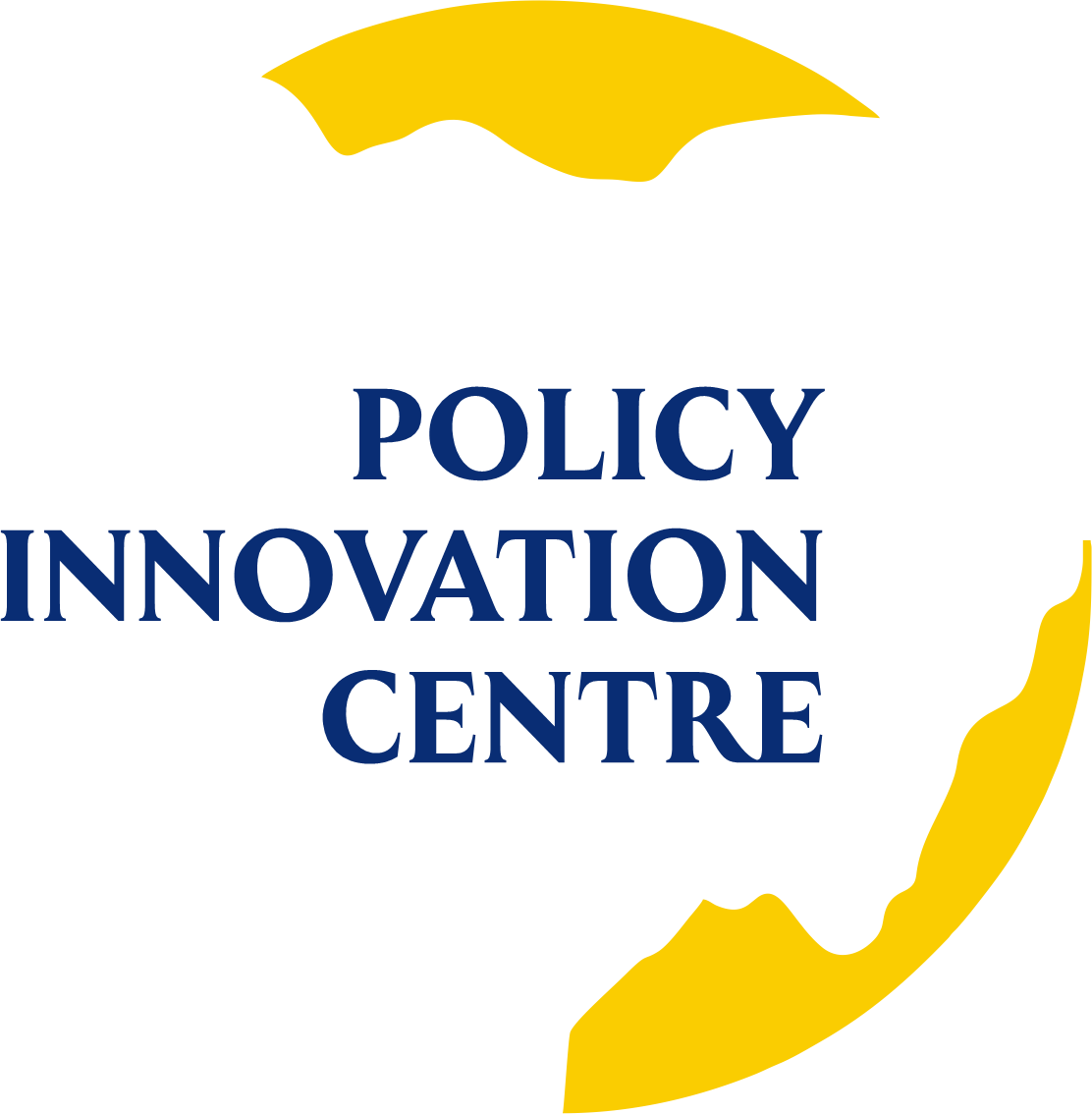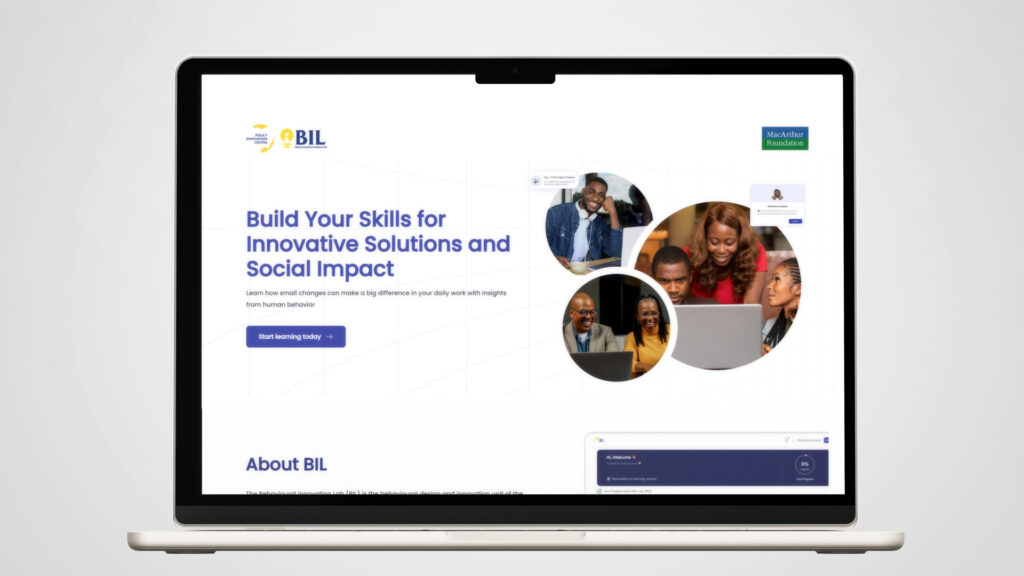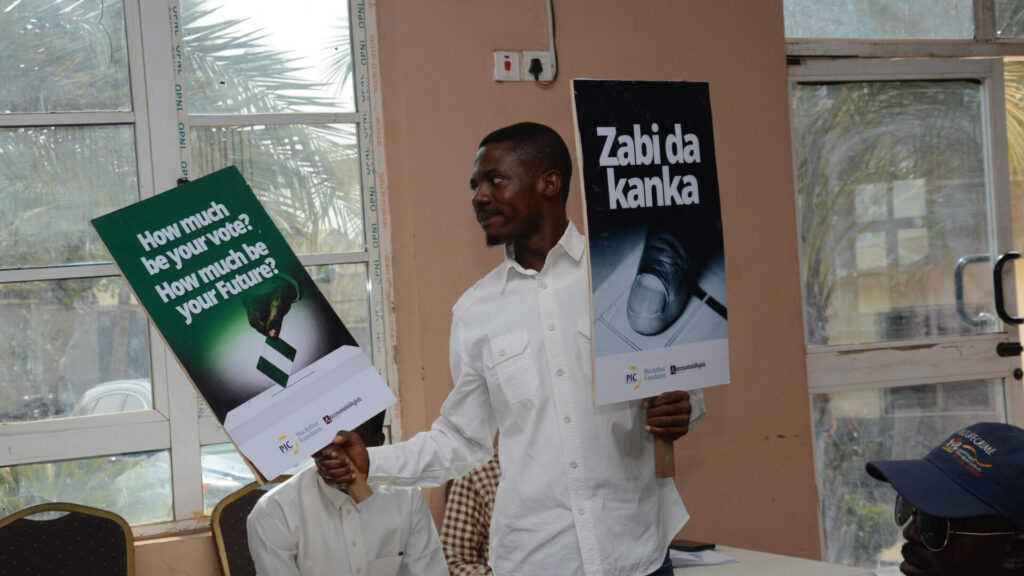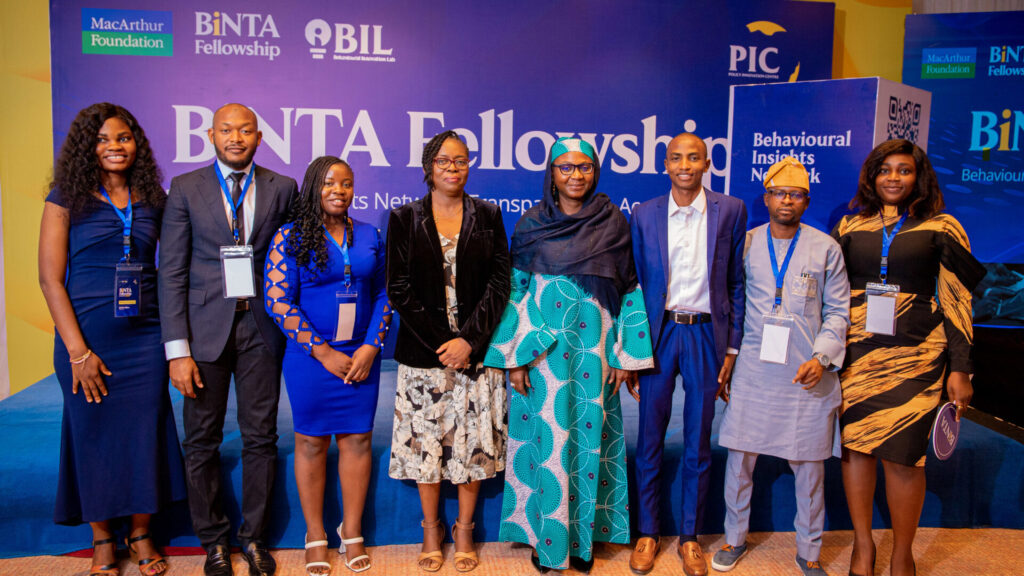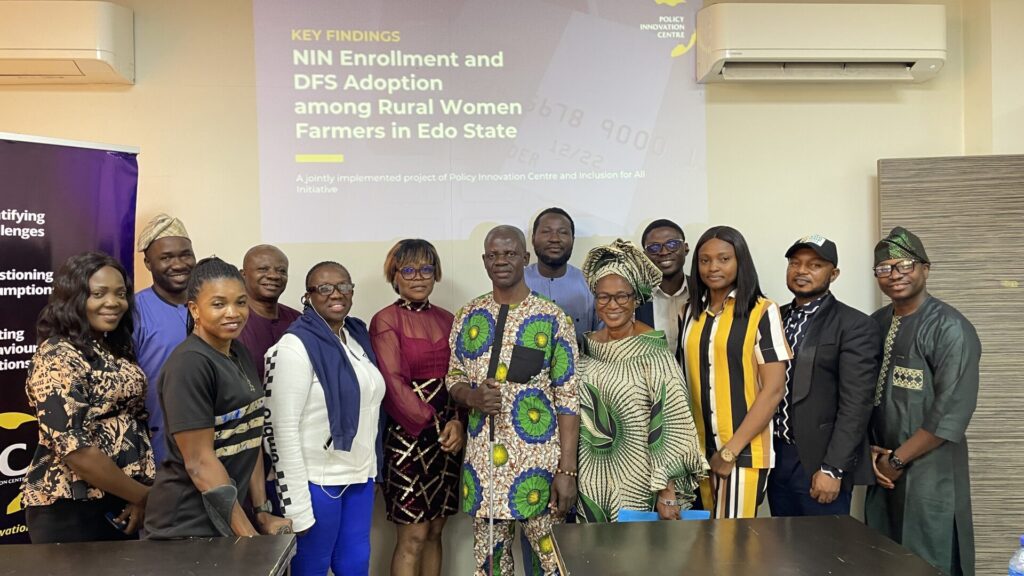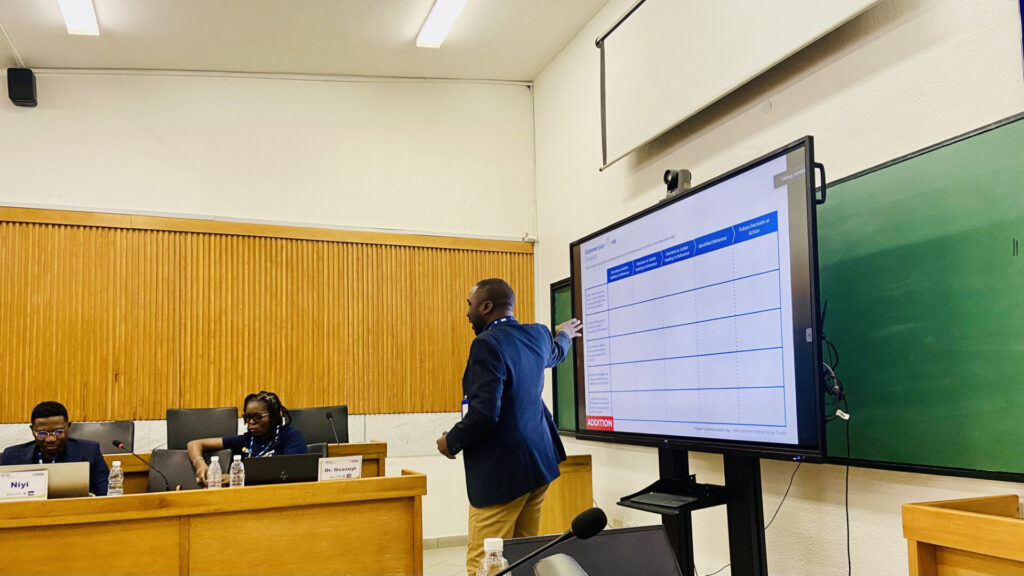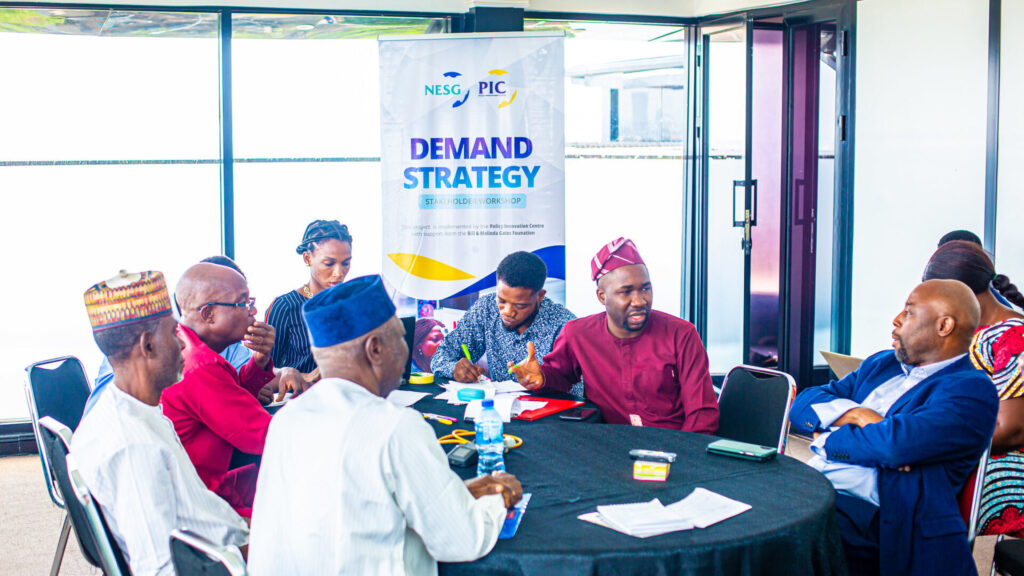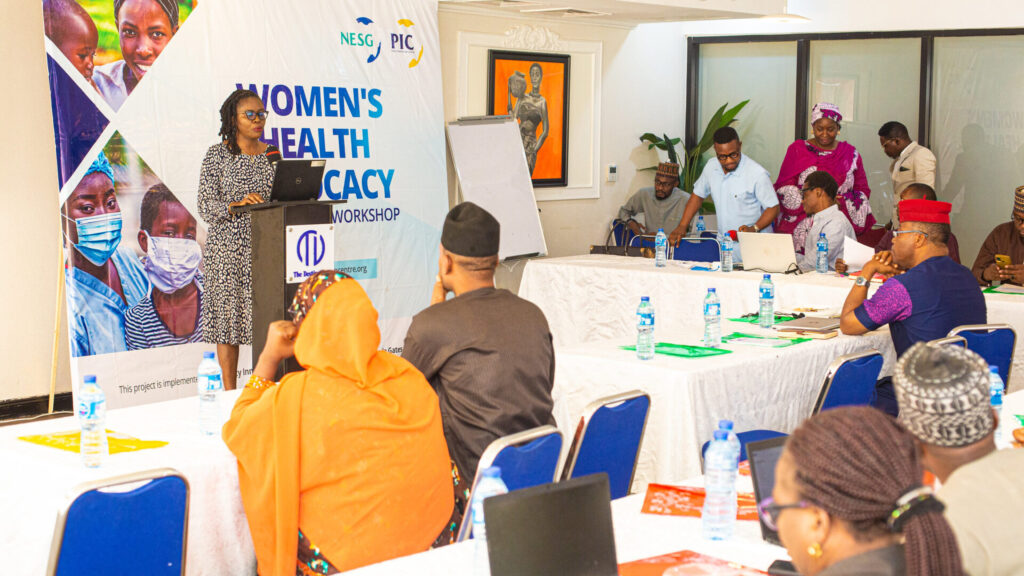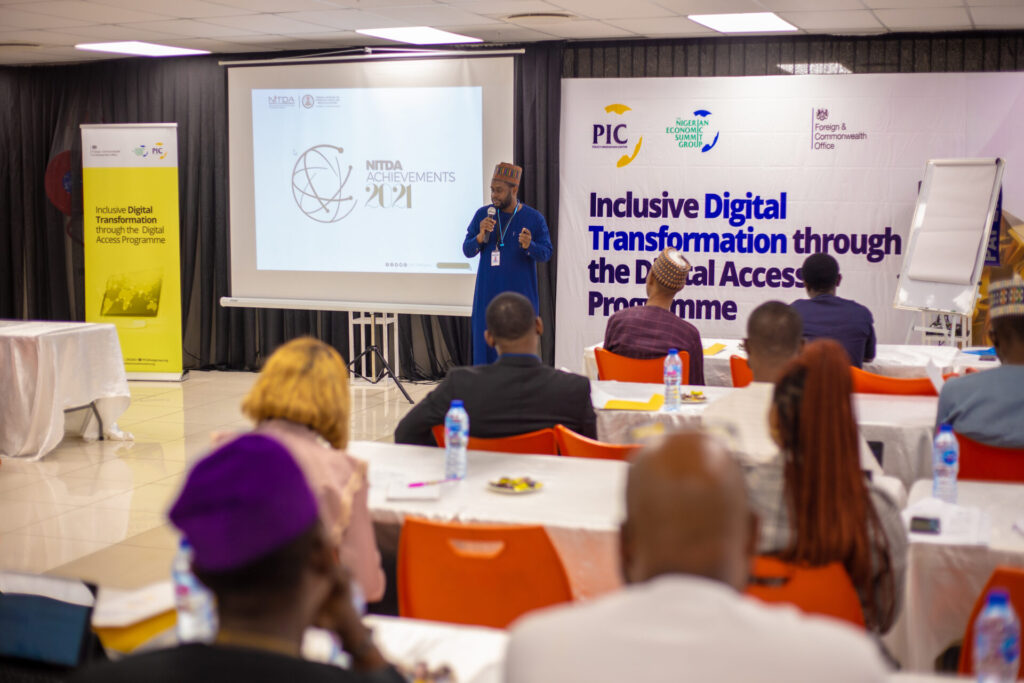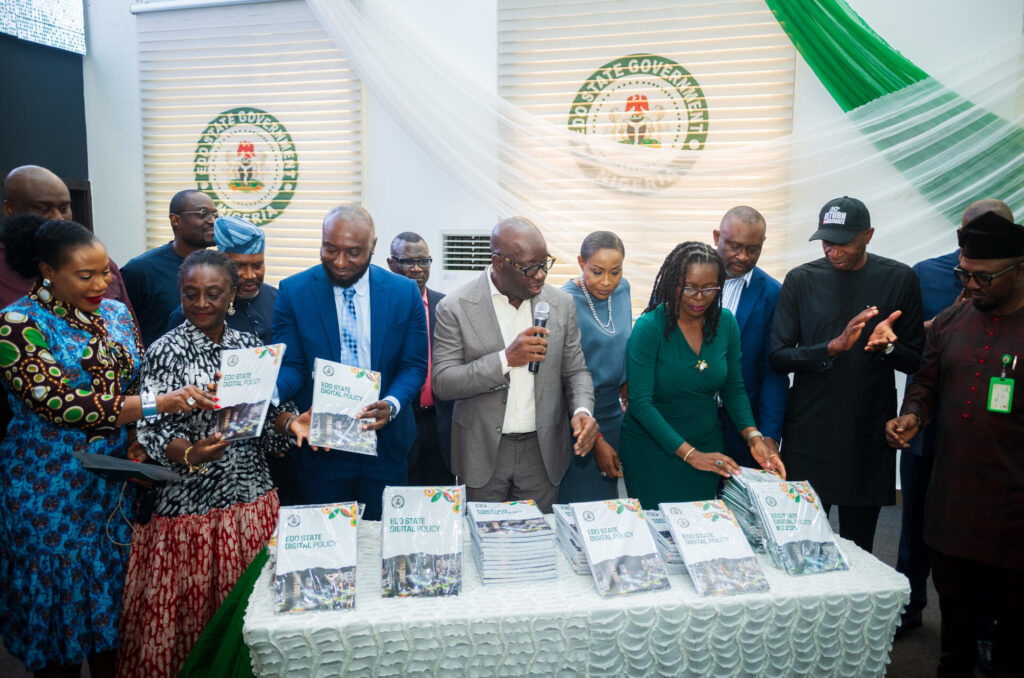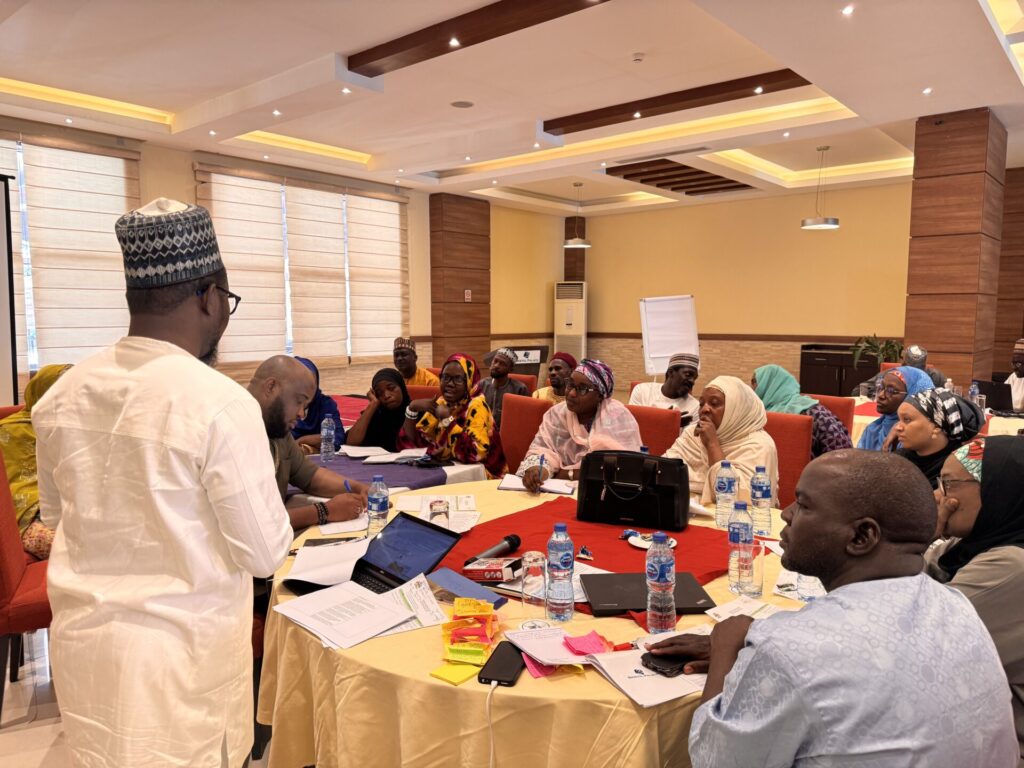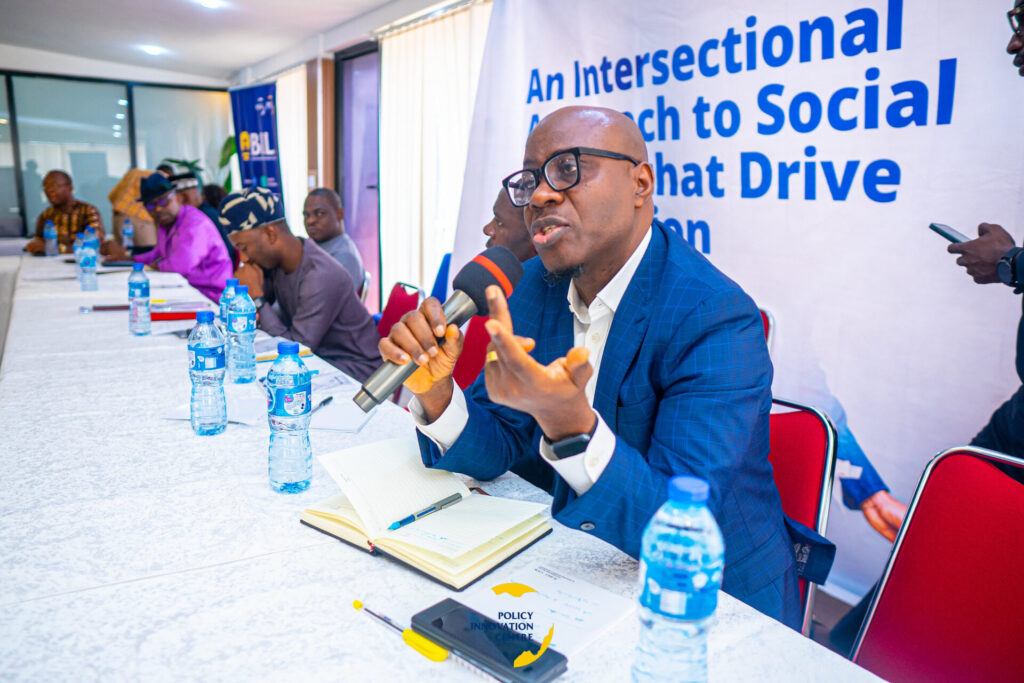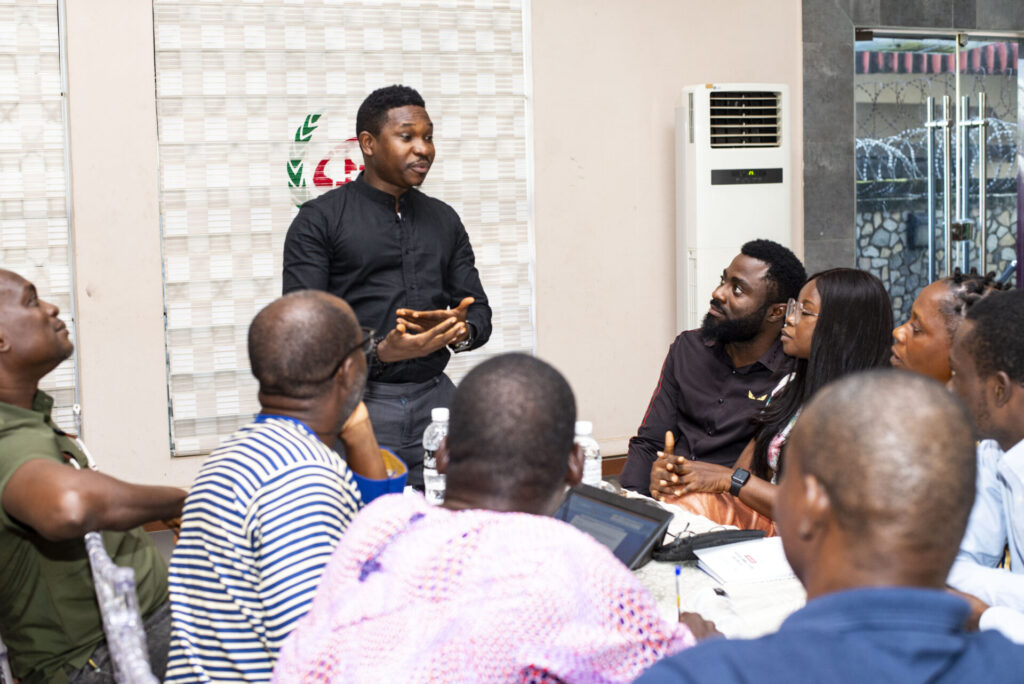The PIC is co-implementing the Policy Support for Economic Growth (PSEG) project in partnership with Michigan State University, USA. The PSEG is designed to improve the enabling environment for inclusive and sustainable agriculture-led economic growth by enhancing the capacity of the Government of Nigeria (GoN), the Private Sector, and Civil Society Organizations in evidence-based policy formulation, implementation, research, and advocacy. To achieve this, the initiative focused on three key objectives:
- Policy Formulation and Implementation
Enhancing the policy process to support evidence-based decision-making on food security and inclusive agriculture-led economic growth.
Expanding access to rigorous policy analysis, particularly in areas such as women’s agricultural productivity, to inform evidence-based policymaking
Amplifying the voices of private sector actors, civil society, private associations, academia, and media in shaping public policy. PSEG will also support the policy efforts of other activities designed to operationalize the Feed the Future 2023-2028 Nigeria Country Plan and will support the policy agenda of the Government of Nigeria in collaboration with other development partners.
